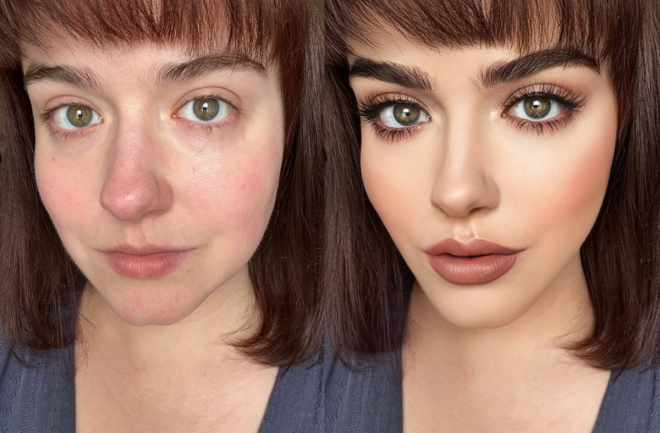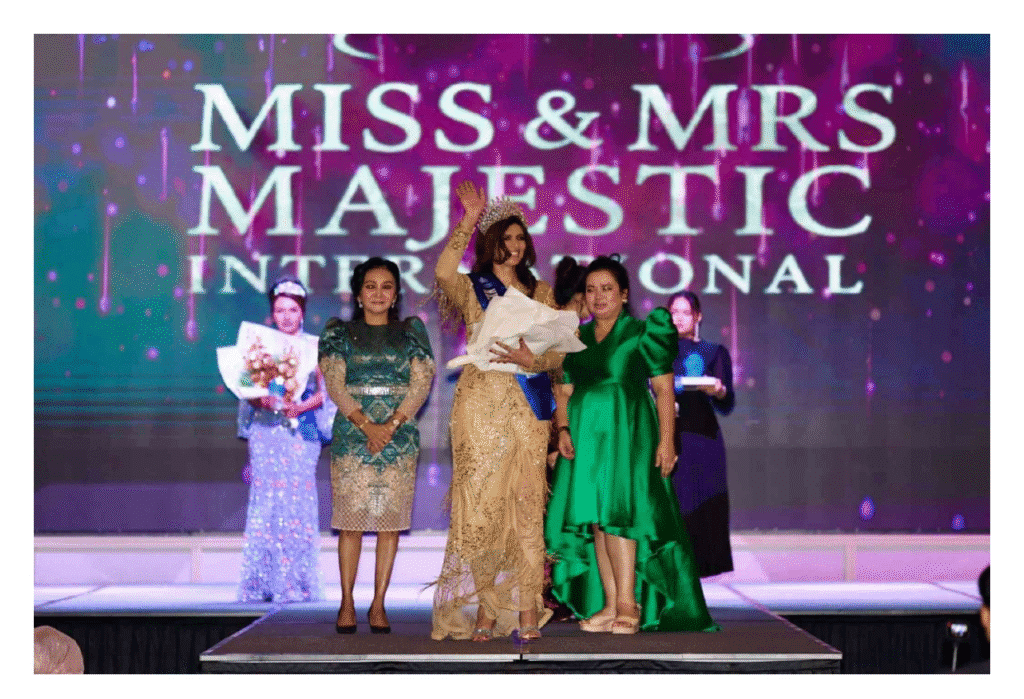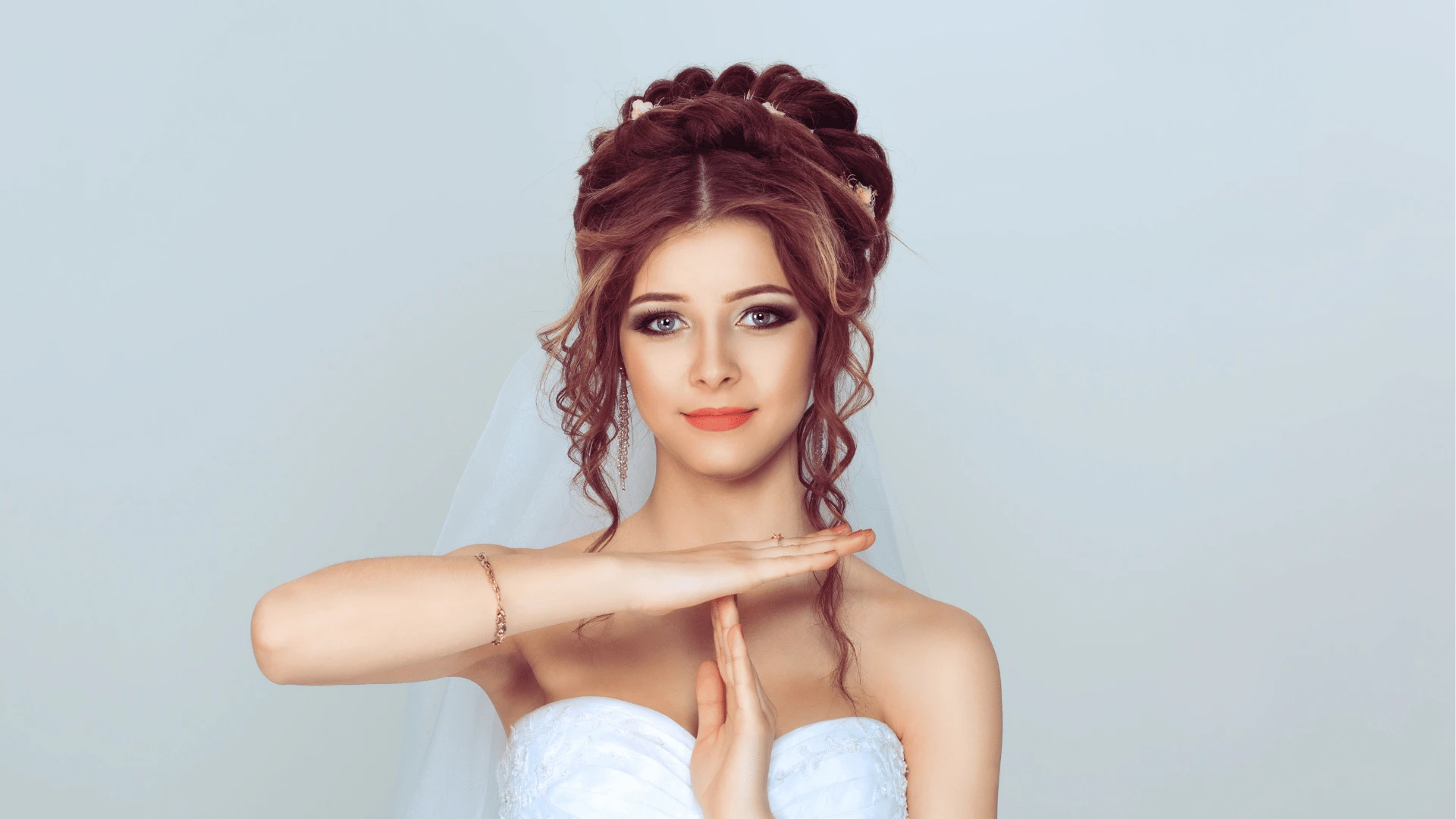Now Reading: How Online Filters Are Reshaping Real Beauty Standards
-
01
How Online Filters Are Reshaping Real Beauty Standards
How Online Filters Are Reshaping Real Beauty Standards

In India, especially in Tier 2 and Tier 3 cities, the rise of social media filters is redefining perceptions of beauty. Apps that smooth skin, adjust facial features, or alter body shapes are increasingly influencing how young people view themselves and others. What used to be a personal standard of beauty is now shaped by digital enhancements, creating a new, often unrealistic, benchmark for appearance.
One major impact is self-perception. Constant exposure to filtered images can lead to dissatisfaction with natural features. Many young adults compare themselves to idealized versions of themselves or influencers, which can affect self-esteem and body confidence.
Filters also influence social interactions. Likes and positive feedback on enhanced images reinforce the notion that digitally modified appearances are more desirable. This can pressure individuals to post edited images regularly, blurring the line between reality and online portrayal.
The phenomenon also affects mental health. Studies suggest that over-reliance on filters can contribute to anxiety, insecurity, and even body dysmorphia. In smaller cities, where access to cosmetic treatments is limited, digital filters become a primary means to achieve perceived attractiveness.
Addressing this trend requires awareness and balance. Encouraging media literacy, promoting unedited content, and fostering self-acceptance can help individuals resist the pressure to conform to digitally altered standards.
Ultimately, online filters are reshaping beauty standards in ways that are both pervasive and subtle. Recognizing the difference between virtual enhancement and real-life beauty allows young people to engage with social media without compromising self-worth or authenticity.

























